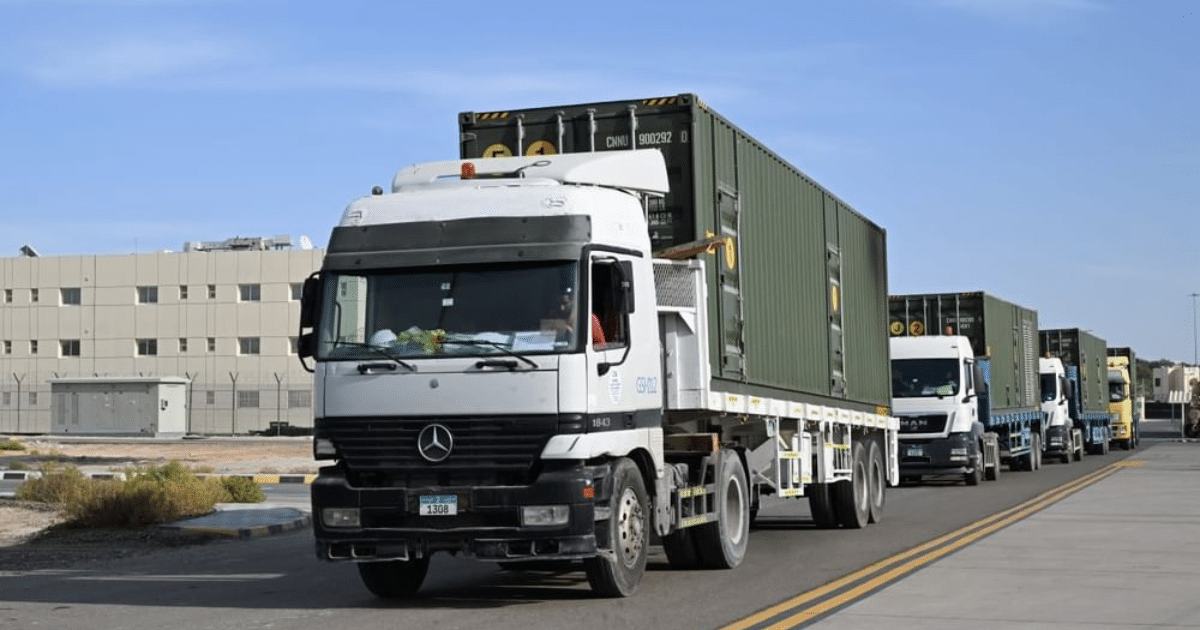
When it comes to international trade, the United Arab Emirates (UAE) is one of the most active logistics hubs in the Middle East. Its strategic location, advanced infrastructure, and strong trade relations with neighboring Gulf Cooperation Council (GCC) countries make it a central point for import and export activities. Among the various shipping options available, FCL shipping — or Full Container Load shipping — is one of the most efficient and secure ways to transport goods from the UAE to GCC countries such as Saudi Arabia, Oman, Kuwait, Bahrain, and Qatar.
This article explores everything you need to know about FCL shipping from the UAE to GCC countries, including its benefits, process, cost considerations, and why it is the preferred choice for businesses seeking dependable logistics solutions in the region.
What Is FCL Shipping?
FCL stands for Full Container Load, which means the entire container is booked for a single shipper’s cargo. Unlike LCL (Less than Container Load), where multiple shipments share the same container, FCL gives you complete control over your cargo space.
This method is ideal for large-volume shipments or goods that require special handling, privacy, or faster delivery. Containers commonly used in FCL shipping include 20-foot and 40-foot standard or high-cube containers, depending on the type and quantity of cargo.
Why Choose FCL Shipping from UAE to GCC?
The Gulf region maintains close trade ties, and FCL shipping plays a vital role in keeping the supply chain smooth and efficient. Here are the major reasons why businesses prefer this mode of transport:
1. Faster Transit Times
FCL shipments move directly from the UAE to the destination without intermediate stops for unloading other cargo. This results in shorter transit times compared to shared-container shipments.
For example, FCL shipments from Dubai to Muscat or Abu Dhabi to Dammam can reach within a few days, depending on customs and port schedules.
2. Better Security and Privacy
With FCL, your cargo is sealed in a container that only you have access to. This minimizes the risk of damage, loss, or tampering. Businesses transporting valuable or sensitive goods — such as electronics, machinery, or pharmaceuticals — benefit greatly from this additional level of security.
3. Cost-Effectiveness for Large Shipments
While the upfront cost of booking an entire container may seem higher than LCL, it often becomes more economical for bulk shipments. When the container is fully utilized, the per-unit shipping cost decreases significantly.
4. Simplified Documentation and Handling
Since all the goods in the container belong to a single consignee, customs clearance, loading, and unloading become easier. This simplicity reduces delays and minimizes handling errors.
5. Door-to-Door and Port-to-Port Options
FCL shipping services from UAE to GCC countries are highly flexible. Businesses can choose between door-to-door, door-to-port, or port-to-port solutions, depending on their requirements. Freight companies handle all logistics — from pickup and customs clearance in the UAE to delivery at the destination.
Major GCC Destinations for FCL Shipping from UAE
-
Saudi Arabia – The largest trading partner of the UAE in the GCC. Regular FCL services operate between major ports such as Jebel Ali (Dubai) and Dammam, Jeddah, and Riyadh (via land freight).
-
Oman – FCL shipments frequently move between Dubai and Muscat, Sohar, or Salalah, both by sea and road.
-
Qatar – Containers are shipped from Jebel Ali to Hamad Port (Doha) with fast turnaround times.
-
Kuwait – FCL containers from UAE ports reach Shuwaikh and Shuaiba ports in Kuwait efficiently through sea freight routes.
-
Bahrain – FCL shipping routes connect Dubai and Abu Dhabi to Mina Salman Port (Manama) regularly, ensuring smooth trade between the two nations.
The FCL Shipping Process from UAE to GCC
Here’s how the typical FCL shipping process works:
1. Booking and Container Selection
The first step is to book your container with a reliable freight forwarder or shipping company in the UAE. Depending on your cargo type, you can choose between 20ft, 40ft, or 40ft high-cube containers. Specialized containers, such as refrigerated or open-top containers, are also available for temperature-sensitive or oversized cargo.
2. Cargo Loading
Once the booking is confirmed, the shipping company arranges the container to be delivered to your warehouse or loading point. The cargo is then securely packed and sealed to ensure it remains intact during transit.
3. Transportation to Port
After loading, the sealed container is transported to a designated UAE port — typically Jebel Ali Port (Dubai), Khalifa Port (Abu Dhabi), or Sharjah Port — for export clearance.
4. Customs Clearance and Documentation
Your freight forwarder handles the necessary documentation, including invoices, packing lists, and certificates of origin. The customs clearance process in the UAE is efficient, thanks to digital systems and strong port management.
5. Shipping and Transit
The container is then shipped to the destination GCC port or delivered by road, depending on the route chosen. Sea freight is common for Qatar, Bahrain, and Kuwait, while land freight is often used for Oman and Saudi Arabia.
6. Delivery and Unloading
Upon arrival, customs clearance is completed at the destination port, and the container is either picked up or delivered to the consignee’s location. The goods are unloaded, and the container is returned.
Cost Factors for FCL Shipping UAE to GCC
The cost of FCL shipping varies depending on several factors:
-
Container type and size (20ft vs 40ft)
-
Shipping distance and destination
-
Type of cargo
-
Customs and handling fees
-
Fuel prices and seasonal demand
To get the most accurate rate, it’s always best to request a personalized freight quote from a trusted logistics company that specializes in GCC trade.
Why Partner with a Professional Freight Forwarder?
Navigating regional logistics and customs regulations can be complex, especially for new exporters. Partnering with a professional freight forwarder in the UAE ensures smooth operations, timely delivery, and compliance with all GCC import rules.
Freight companies not only manage transportation but also provide value-added services such as cargo insurance, tracking, and inventory management.
Sustainability and Innovation in GCC Shipping
As trade continues to grow, the UAE and GCC nations are investing in sustainable logistics solutions. Many shipping lines are introducing eco-friendly containers, digital documentation, and smart tracking systems to minimize environmental impact and improve transparency. This digital shift is making FCL shipping faster, cleaner, and more reliable than ever before.

